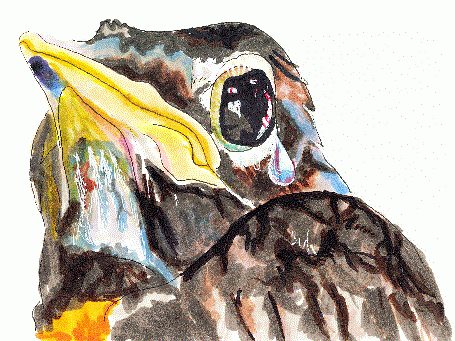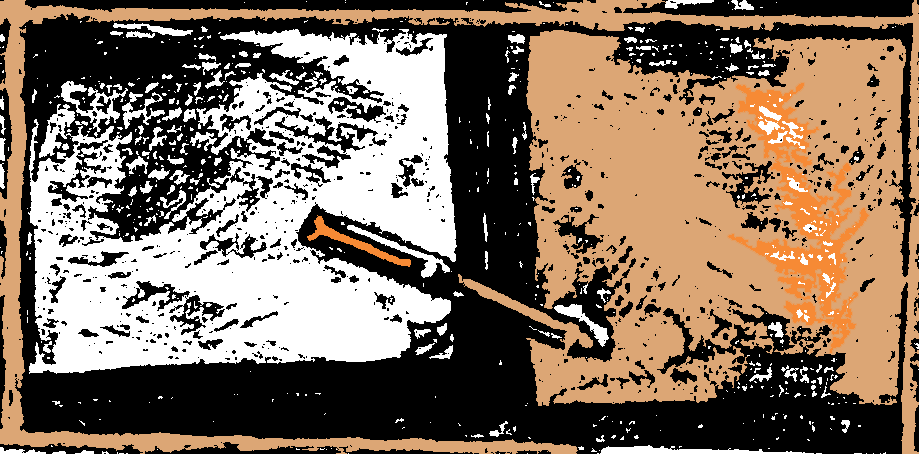If you’ve followed my blog for any length of time, you know I try to engage with poetry off and on. I came to reading and writing poetry much later than prose, so I’m not as good at it, but I keep trying, and last year I wrote poems in January — in January and of January — using this list of poetic forms: List of 168 Poetic Forms for Poets | Types of Poems and Poetry – Writer’s Digest
This kind of exercise feels cheesy and artificial, but what can I say? My mind can be dull enough long enough that often any kind of restraint or goal can lead to creativity that’s a step up from my default, and I found both process and results surprisingly satsifying. And I learned some new poetic forms — especially liked the intricate braided sound patterning of the Celtic forms (Ae Freislighe, Awdl Gywydd). I think I do, on average, better in received or nonce forms than I do with free verse, though I’ve written more of the latter.
Regardless, I’ve been wanting to make a chapbook out of them for some time. Then, as I worked on Out of Tales, I realized they (and some other, older January-vibing poems) wanted to join the rest of the material. I also realized something else.
The older poems and, ah, poem-adjacent material (I don’t think the multipage, tab-separated list of amusingly representative brain barf phrases — see https://ephemeral-elsewhere.glitch.me if you’re curious — are poetry in a traditional sense, not because of the formal weirdness but because they don’t aim for any kind of cohesion or thematic argument) represent a grim, cold, cheap-contemporary-culture-in-the-trashiest-possible-way (in my mind; in reality I suck at that) aesthetic. They’re about alienation (or Out — more on Out later), dirty snow, sluggishness, powerlessness, false awakenings. They deal with the depressing parts of winter.
The newer ones, though — surprised me by showing hope, frosty beauty, and longing, sometimes even exuberance. Most are almost explicitly spiritual. They’re about the kind of higher January I say I’m locked out of in the beginning of Out of Tales, and inspired me to think about snowsight — the observation that ostensibly weak winter sun can be more dazzling than the sun at midsummer when reflecting off snow, and the idea that this has metaphorical applications too.
I’ve experimented with organizing all these poems, old and new, by color, as I organize the Evernostian material by month, and in Out of Tales I started doing just that (did I mention there’s color printing?), planning to put my slight synaesthesia to use (violet, for instance, I decided based on some combination of instinct and whim, was about words and the writing process; red, intensity of warmth and love imagined from the depth of winter; yellow, clarity and joy). The color system disintegrated rather by the time I was done, but traces of it remain, and the five larger parts of the book (the first four corresponding with different chunks of the fantasy narrative) are color-coded instead.
There’s a certain amount of magical thinking in the assembly of something like Out of Tales: how do poems fit with fantasy (fit with essays fit with magically realistic autofiction fit with the kitchen sink)? How can I say these poems belong in this book?
My answer is: I can’t, or rather, I am determined to make them belong. They are more central to my vision of January certainly, and my vision of Evernost probably, than the parts of the Evernostian story included, and if I have shifted the latter to embrace some of the meanings and strangenesses of the former, I will count myself successful.
The slippery quality of poetry, its refusal to be a straight argument, will, if I succeed, serve me well in communicating an aesthetic, a mood, something or somethings beneath or above words, to accompany the flood of words putting forth approximately coherent, meaningful ideas.
(There are people who refuse to acknowledge emotions and insights “beneath or above words.” These people clearly do not live in my head.)
I will leave you with one sample poem from the newer group (the form was “ars poetica,” which I don’t think of as a form precisely, but they’re still great to write), already shared on social media a while back.
Show, not tell?
Let the telling
be what I tell?
(I don’t mean: let telling
be all I tell.
No, fill all telling
with what I tell,
till it is a true show,
transformation eucharistic,
dubious, asymptotic.

